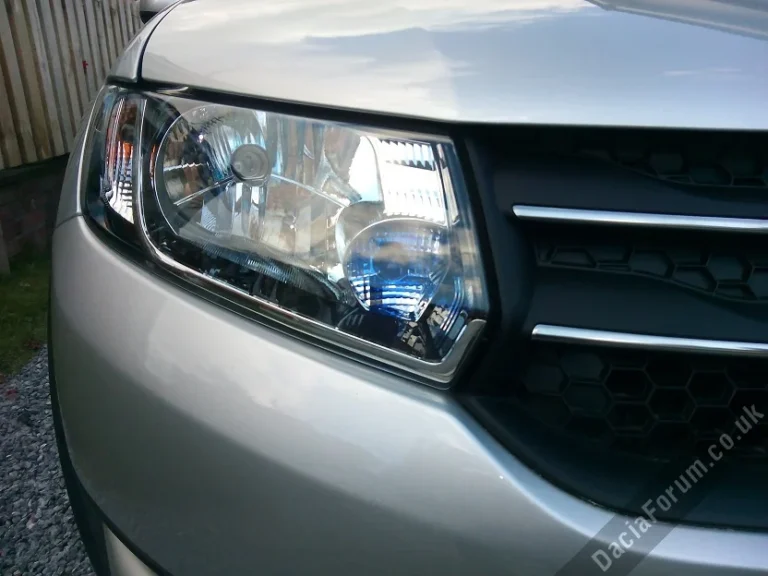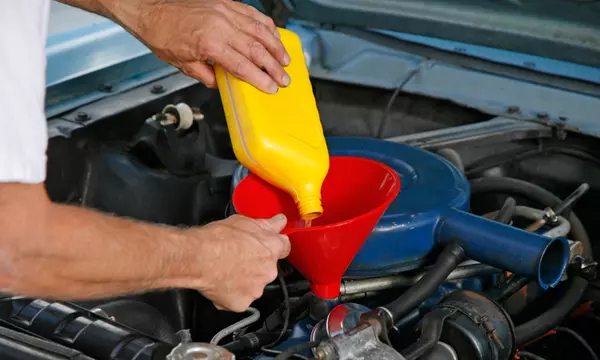Does the AC Use Gas?

When you turn on your car’s air conditioning (AC), you might wonder if it consumes more fuel or uses gas to operate. Understanding how the AC system works and its impact on fuel consumption can help you make informed decisions about using it efficiently.
How Does the Car AC Work?
A car’s AC system is powered by the engine through a component called the AC compressor. The compressor circulates refrigerant through the system, cooling the air that enters the cabin.
Key Components of the AC System:
- Compressor: Compresses refrigerant and circulates it through the system.
- Condenser: Converts refrigerant from gas to liquid form.
- Evaporator: Absorbs heat and cools the air before it enters the cabin.
- Blower Motor: Pushes cooled air into the vehicle’s interior.
The AC compressor is driven by a belt connected to the engine, meaning it indirectly affects fuel consumption.
Does the AC Actually Use Gas?
Yes, the AC system indirectly uses gas because it relies on the engine to power the compressor. When the AC is running, the engine works harder to keep the compressor functioning, which increases fuel consumption.
How Much Gas Does the AC Use?
The exact amount of gas used depends on factors such as:
- Vehicle type: Smaller cars may consume less fuel than larger vehicles.
- AC settings: Running the AC at maximum cool settings consumes more energy.
- Driving conditions: Fuel consumption is higher during stop-and-go traffic compared to highway driving.
On average, using the AC can reduce fuel efficiency by 5-20% depending on the circumstances.
Myths About AC and Gas Usage
Myth 1: “Turning on the AC uses a significant amount of fuel.”
While the AC does increase fuel consumption, the impact is usually moderate unless used excessively.
Myth 2: “Opening windows is always better than using the AC.”
At high speeds, open windows increase drag, which can reduce fuel efficiency more than using the AC.
Tips to Reduce Gas Consumption While Using AC
- Use the Recirculation Mode: This mode reuses cool air in the cabin, reducing the compressor’s workload.
- Turn Off the AC When Not Needed: If the weather is mild, consider using the fan or opening windows at lower speeds.
- Park in the Shade: A cooler car requires less effort from the AC to cool down.
- Maintain the AC System: Regularly service the AC system to ensure it operates efficiently.
- Limit Max Cool Usage: Start with max cool to quickly cool the car, then adjust to a moderate setting.
FAQs
1. Does running the AC affect the car’s performance?
Yes, the engine may feel slightly less powerful because it’s working harder to power the AC compressor.
2. Does the AC use gas in electric cars?
No, in electric cars, the AC is powered by the battery, not fuel.
3. Should I use AC or open windows to save fuel?
At low speeds, opening windows is more fuel-efficient. At high speeds, using the AC is better due to reduced drag.
4. Does turning off the AC save gas?
Yes, turning off the AC reduces the engine’s workload, improving fuel efficiency.
5. Does idling with the AC on use more gas?
Yes, idling with the AC running uses fuel to keep the engine and compressor functioning.
Conclusion
The AC system in your car does use gas indirectly because it relies on the engine to power the compressor. While it increases fuel consumption, the impact is moderate when used efficiently. To minimize gas usage, follow smart AC practices like using recirculation mode, maintaining the system, and balancing AC use with open windows based on your driving conditions.
Also Check:
• Does It Use More Gas to Run the AC?





